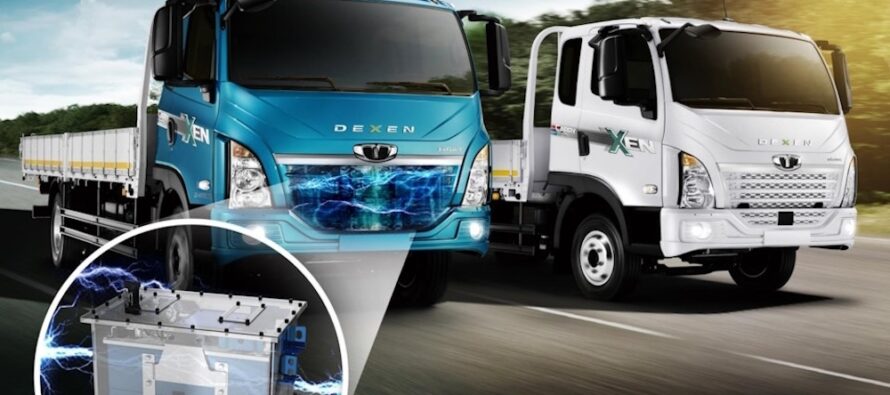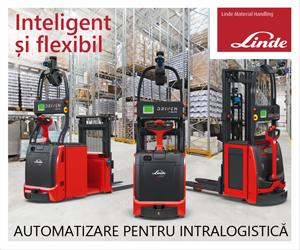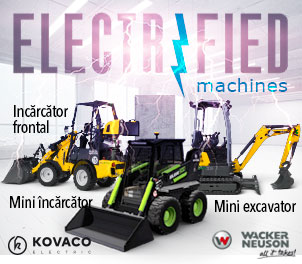HD Hyundai Infracore to develop battery packs for light trucks

Story Highlights
- HD Hyundai Infracore
- pachete de baterii pentru camioane usoare
- Tata Daewoo Commercial Vehicle
- vehicule comerciale electrice
- EV battery packs
Related Articles
HD Hyundai Infracore recently confirmed that it will supply battery packs for trucks to Tata Daewoo Commercial Vehicle and announced that the two parties will work on strengthening mutually cooperation to extend EV product types. Based on this agreement, HD Hyundai Infracore will start producing battery pack prototypes during the 2024 H1 and mass produce in 2025 of which will be supplied to Tata Daewoo Commercial Vehicle.
Battery packs for commercial vehicles require various features including durability, stability, and strong power as these vehicles are not only for regular roads, but also used in harsh environments. What is noteworthy is that HD Hyundai Infracore’s battery pack can be flexibly designed according to voltage level and volume by changing the configuration of the general cylinder battery cells.
HD Hyundai Infracore plans to develop battery packs for commercial vehicles that are small and light in size and dense in energy using its battery modularization and pack design technologies. It will also be applying ‘ASIL-C Level’ safety technology, one of the highest degrees defined by the ISO 26262 standard, to its products to maximize functional safety of road vehicles.
Tata Daewoo Commercial Vehicle will be joining the application demonstration and product development process for EV battery packs, and supporting its application to different vehicle types from C-segment to cargo trucks and special vehicles.
Commercial vehicles including trucks and vans are required to change to zero-emission vehicles as they heavily emit carbon dioxide. As a matter of fact, new sales for diesel vans and mini trucks will be banned in Europe from 2035 while larger vehicles such as trucks and buses will need to mandatorily reduce carbon emission by 90% in 2040, compared to 2019.
According to a global market research platform, Markets and Markets, the global electric commercial vehicle market volume is projected to grow from 529,400 units in 2023 to 2,155,100 units in 2030, which is a fourfold increase.
HD Hyundai Infracore’s CEO Seung-hyun Oh mentioned, “We have been able to pioneer the EV market with on our proprietarily produced battery pack technology,” and added, “Based on such success, we plan to gradually expand the vehicle types applied with our battery packs and extend our supplier base to emerging countries and other regions.”
Meanwhile, HD Hyundai Infracore’s Engine Business is working on adding more products to its eco-friendly powertrain lineup to provide sustainable energy solutions to customers. Proprietary battery packs produced in 2023 have been applied to the company’s 1.7T electric excavators while it is also in the process of developing hydrogen combustion engines for commercial vehicles, construction equipment, and generators.
__________
*ASIL (automotive safety integrity level): A risk classification system defined by the ISO 26262 standard for functional safety of road vehicles. There are four ASILs identified by ISO 26262―A, B, C, and D. ASIL A represents the lowest degree and ASIL D represents the highest degree of automotive hazard.






